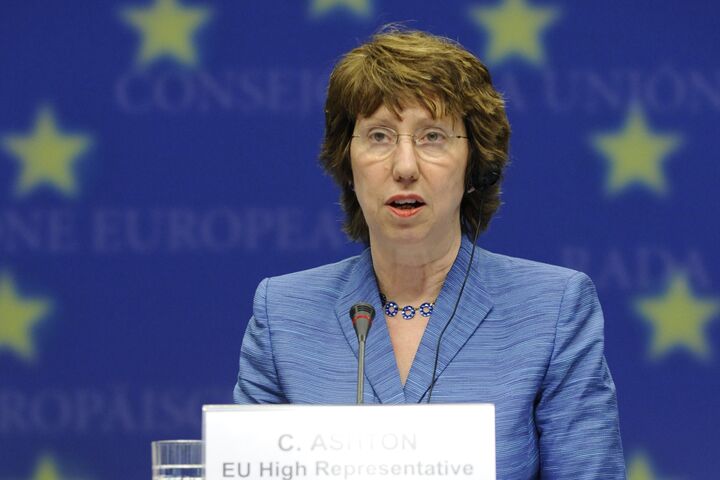
EU on the Way to Creating Diplomatic Service
European finance ministers approved the overall structure of Europe’s External Action Service (eeas) July 26, paving the way for Europe’s own diplomatic corps to become operational in December.
The foreign ministers approved the structure of the eeas already agreed upon by members of the European Parliament in Madrid on June 21. Under the Madrid agreement, at least one third of eeas staff will be national diplomats from member states, with at least 60 percent being permanent EU officials.
“It is historic to be able to witness the birth, at least at the decision level, of a European diplomacy,” said Belgian Foreign Minister Steven Vanackere after the July 26 meeting.
EU Foreign Minister Catherine Ashton will now begin to appoint heads of the different embassies. However, the diplomatic service will not be able to go into operation until the European Parliament has agreed new staffing and budgetary rules.
Writing about the eeas in the Wall Street Journal, Ashton said, “Usually in the EU, institutional change of this order only happens once every 25 years or so.”
The eeas will operate 136 European embassies, employ around 6,000 people, and have a budget of around €7 billion—including EU money spent on aid and peacekeeping.
The Lisbon Treaty—whose provisions created the eeas—states that the service would cost no extra money, and simply spend money already in the EU’s budget. However, set-up costs have increased, meaning that EU nations will probably have to fork out extra cash for the EU Foreign Ministry at the same time they cut the budgets of their own foreign ministries. Britain is considering closing some of its smaller embassies and consulates, and operating out of the new EU embassies instead.
Exactly how much power the new European diplomatic service will have is not clear. An anonymous EU official quoted in Ireland’s Independent said “it will all be worked out when the new EU embassies are up and running.”
Even before the latest agreement, British mep David Campbell Bannerman said, “I believe that through the Lisbon Treaty, through Baroness Ashton’s role, and the External Action Service, the European Union now has all four criteria it needs under international law to declare itself a single nation-state, a United States of Europe, and to do so overnight.”
In setting up its own foreign service, Europe is taking another step to become a superstate.
